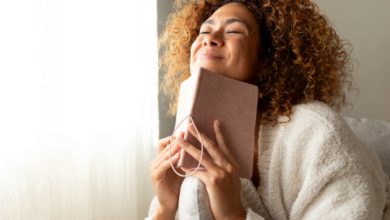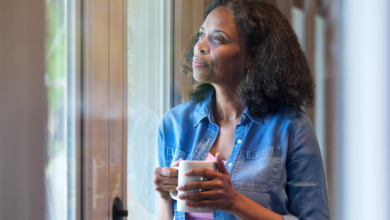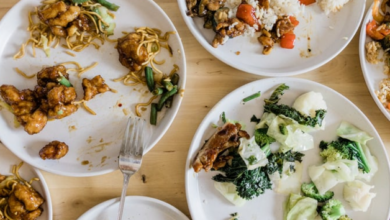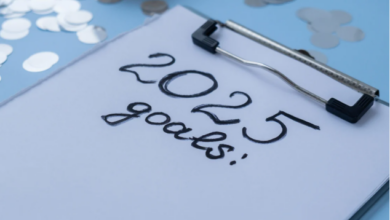Reflections on 9/11: A Personal Story of Loss, Resilience, and the Day That Changed America Forever
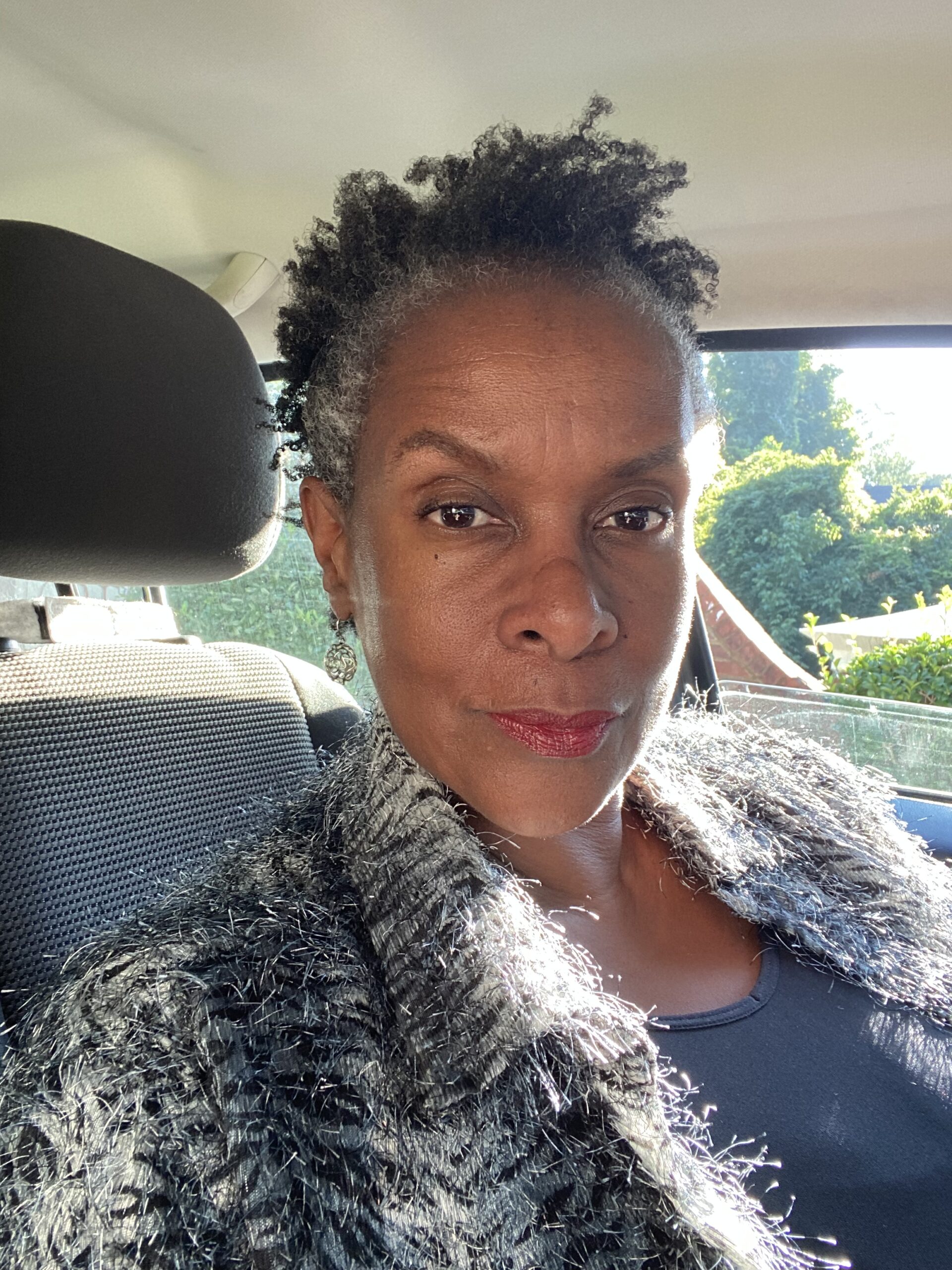
I can still remember the moment I realized everything had changed. It was a quiet Tuesday morning, the kind of day that slips by without much notice—until it doesn’t. I was at work, sitting at a makeshift desk in a temp job, my mind half-focused on the mundane tasks before me. But then, like a ripple in still water, the world shifted. I didn’t know it right away, but the tremor was felt everywhere.
The phones at my desk suddenly went silent. The hum of voices and the clatter of keyboards in the office paused as though everyone, in unspoken agreement, held their breath. And then the scream—a sound so raw, so primal, that it cut through the air like a knife. I bolted from my seat and ran to the break room, where a crowd had gathered, eyes fixed on the television screens.
There it was, playing out in real-time: a plane lodged in the side of one of the Twin Towers in New York City. Smoke billowed into the clear blue sky, a stark contrast to the perfect fall day. For a moment, no one moved. We stood in a collective silence, struggling to comprehend what we were seeing. The room seemed smaller, the air heavier, as if the gravity of the moment was pulling us all inward.
A second plane hit. The sound on the TV was muted, but we could all feel it—a blow to the heart of a nation. The realization crept in slowly: this was not an accident. The shock turned to fear, and fear quickly transformed into confusion. Phones were dead, power flickered. It felt like the entire country was holding its breath, waiting for what would happen next.
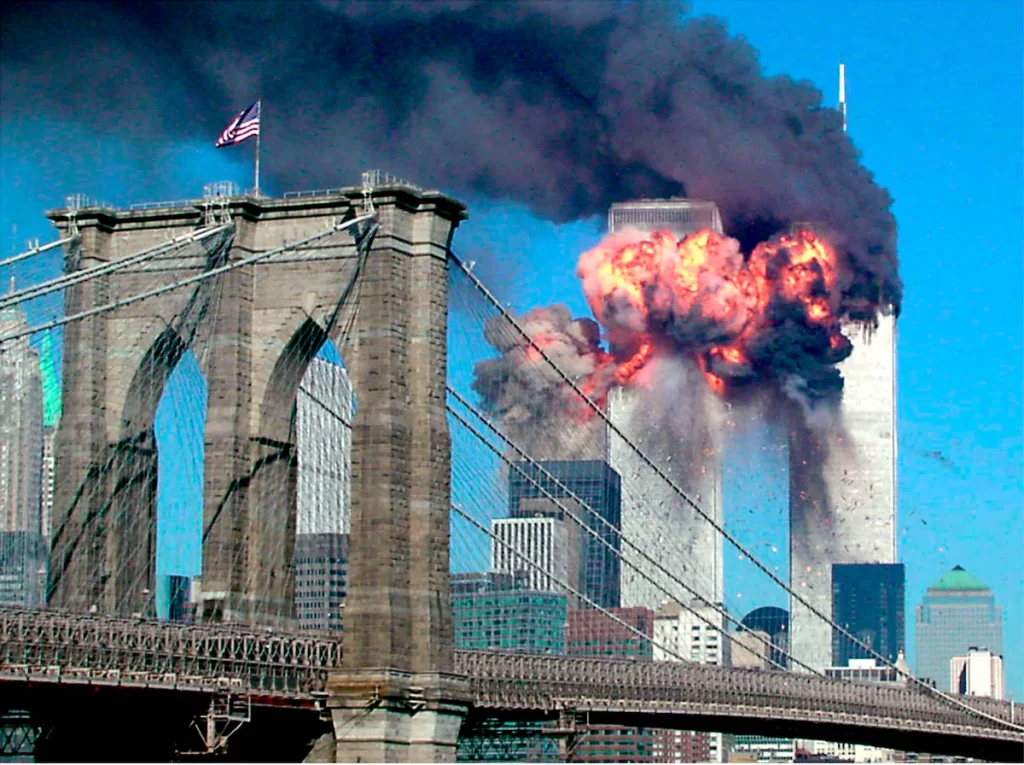
I found myself thinking about my family, my children, and what kind of world they would grow up in. The illusion of safety, of certainty, had been shattered in an instant. How do you explain to a child that the world isn’t as safe as you’ve always told them it was? That some wounds cut so deep, they leave scars on the very fabric of society?
Driving home that afternoon, the streets were a gridlocked mess, an echo of the panic spreading across the country. Horns blared, radios blurted frantic news updates, but it was as if the entire world had gone quiet. I sat in my car, unable to move, listening to the news but not really hearing it. All the while, my mind spun with thoughts of what came next—what life would look like now that everything had changed.
That night, as I tucked my daughter into bed, she asked me if everything would be okay. I wanted so badly to tell her yes, to reassure her that we were safe, that nothing like this would ever happen again. But I couldn’t. I didn’t know how to answer her. Because in that moment, I didn’t feel safe. I didn’t feel like everything would be okay.
The days that followed were surreal. Businesses closed, stock markets plummeted, and conversations that used to feel so ordinary—about work, school, bills—now felt trivial. Everything felt fragile, as if life itself was held together by threads that could snap at any moment. Friends called, voices trembling, asking how we were, if we had heard from loved ones in the affected cities. There was a kind of unity in the collective heartbreak, an unspoken understanding that we were all trying to process the unthinkable.
The aftermath was long and painful, both for the individuals directly impacted and for the country as a whole. We began to rebuild, slowly, from the ashes of that day. But things never quite went back to the way they were. In quiet moments, I still find myself thinking about it—about the people who didn’t make it home, about the lives torn apart, and about the ripple effects that still reverberate through our lives today.
What I remember most from that day isn’t the devastation, though. It’s the way people came together. Strangers comforting each other, communities rallying to support those in need. There was an undeniable strength in our shared grief, a reminder that even in the darkest times, there’s light to be found in human connection.
That day changed America in profound ways. It reshaped our sense of security, our understanding of what it means to be vulnerable. But it also reminded us of the strength we carry, even when the world feels like it’s falling apart. We’re still here, still moving forward, still finding ways to heal.


